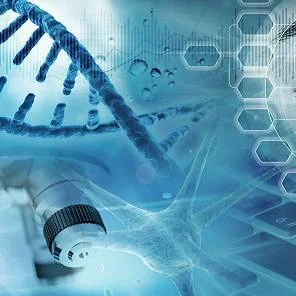A new consortium is set to lead the way for artificial intelligence (AI) application in cancer diagnosis research in a globally-leading, multi-million pound venture named the Northern Pathology Imaging Co-operative (NPIC).
Led by University and Leeds Teaching Hospitals NHS Trust in the UK, the Northern Pathology Imaging Co-operative (NPIC), comprises nine NHS hospitals, 10 industry-leading medical technology companies and seven universities. Stakeholders have formed the centre with a £10.1m investment from UK Research and Innovation. The funds are supported by an initial investment of £7m from involved companies.
The objective is to expand a digital pathology and artificial intelligence programme across the north of England.
“Artificial intelligence has the potential to revolutionise the speed and accuracy of medical diagnosis,” said Professor Sir Mark Walport of the UK Research and Innovation.
The NPIC will put new digital pathology scanners into a network of northern NHS hospitals, to gather digital pathology images for training AI systems. This will generate about 760,000 images per year, about 1.2 petabytes of data.
See also: How AI spells real change for patients
The project also aims to develop more integrated ways of working across regional clinical pathology services. Clinicians will then work with industry and academic researchers to make new AI systems capable of analysing digital pathology images leading to better diagnoses for diseases such as cancer.
The NPIC will also promote use of anonymised images for AI research.
Leading the project is Dr Darren Treanor, a Pathologist at the University of Leeds and Leeds Teaching Hospitals NHS Trust.
“This new northern co-operative will allow us to use digital pathology to help patients across the region, and provide a platform on which we will develop artificial intelligence tools for pathology diagnosis to be used around the world,” he said.
The step was an exciting one for patients, said Dr Yvette Oade, Chief Medical Officer at Leeds Teaching Hospitals NHS Trust. “Computers using artificial intelligence can be trained to recognise the patterns of disease. Machines will support clinically-trained pathologists to diagnose cancer faster, better and at lower cost.”
Source: University of Leeds










